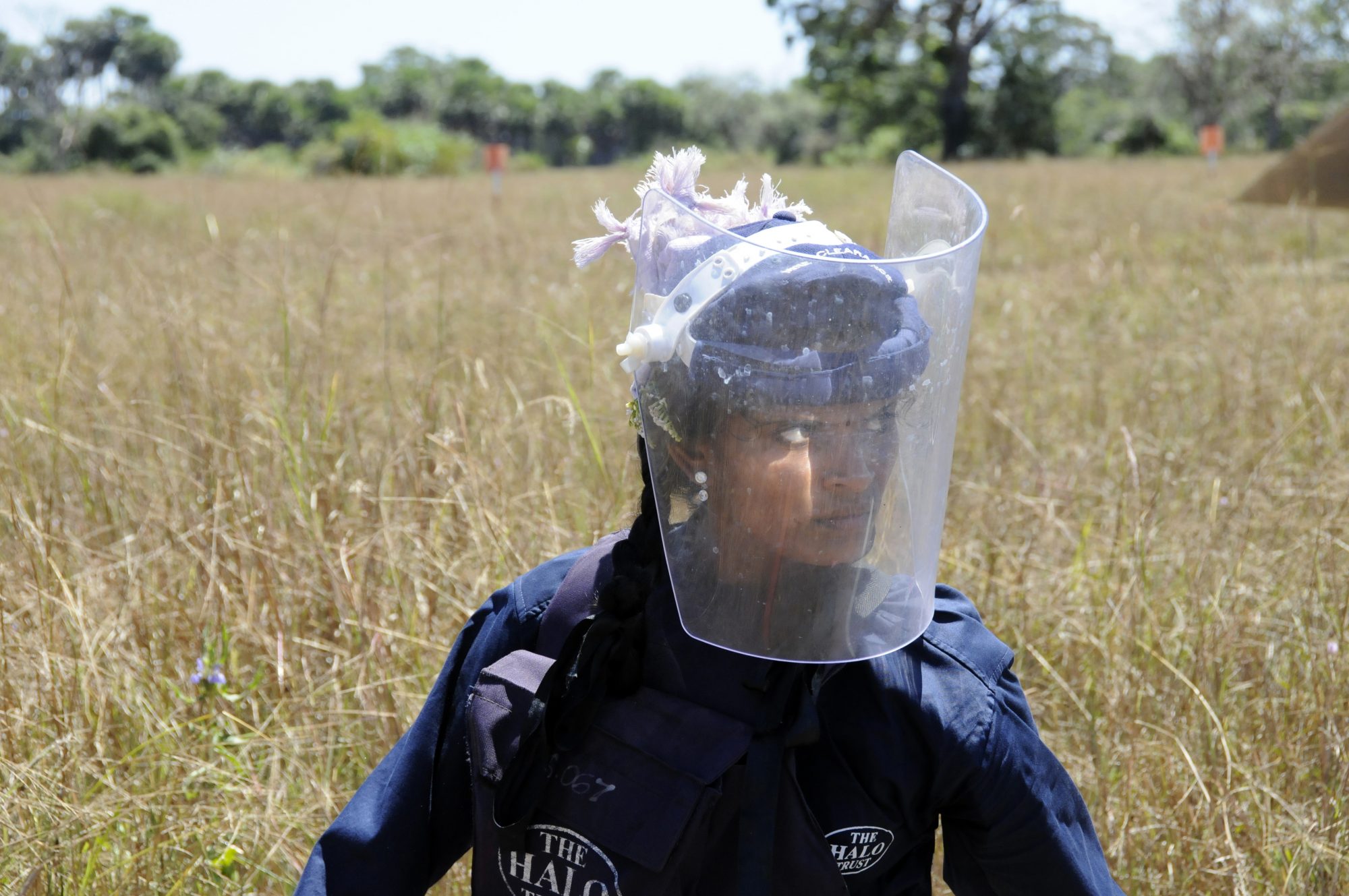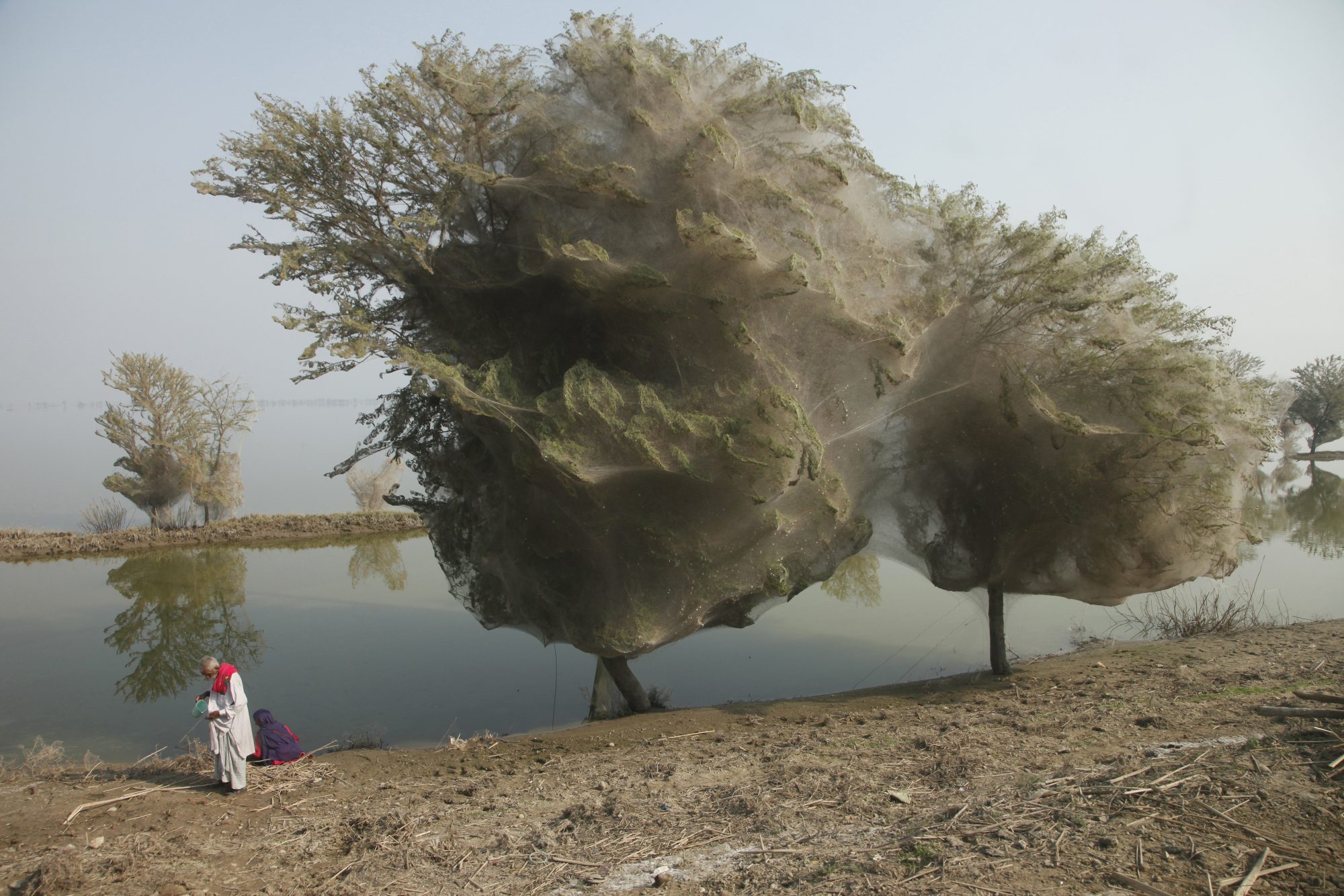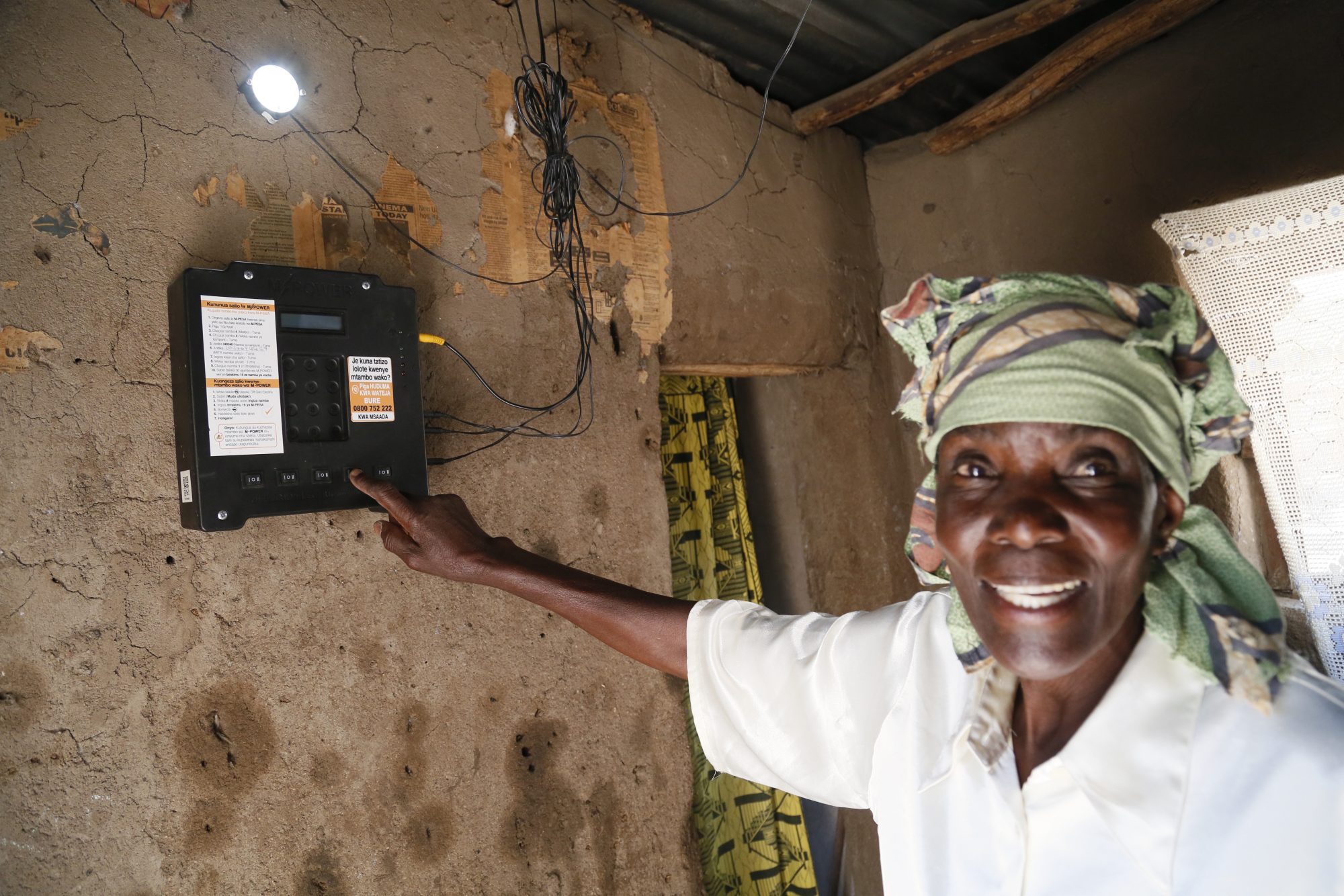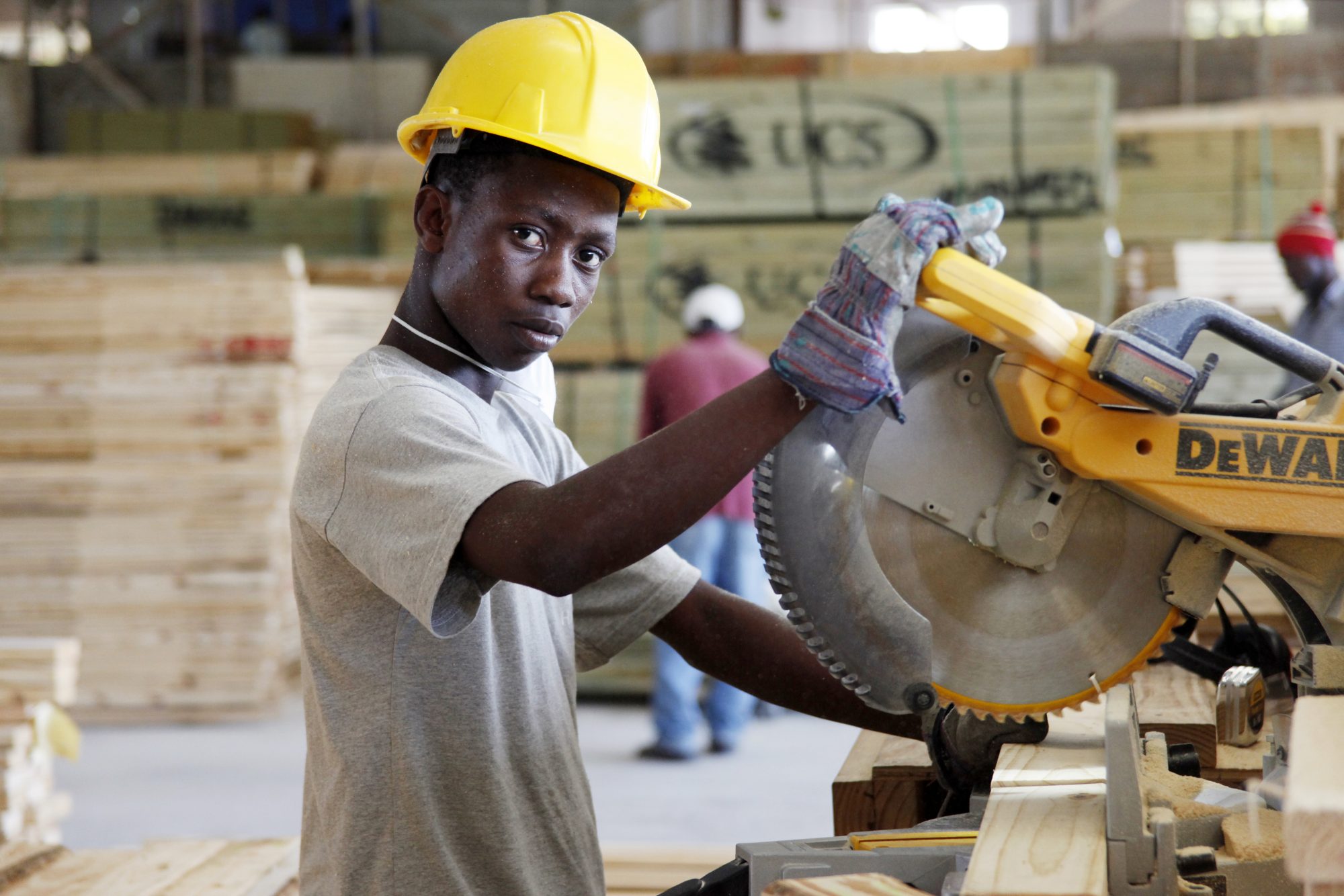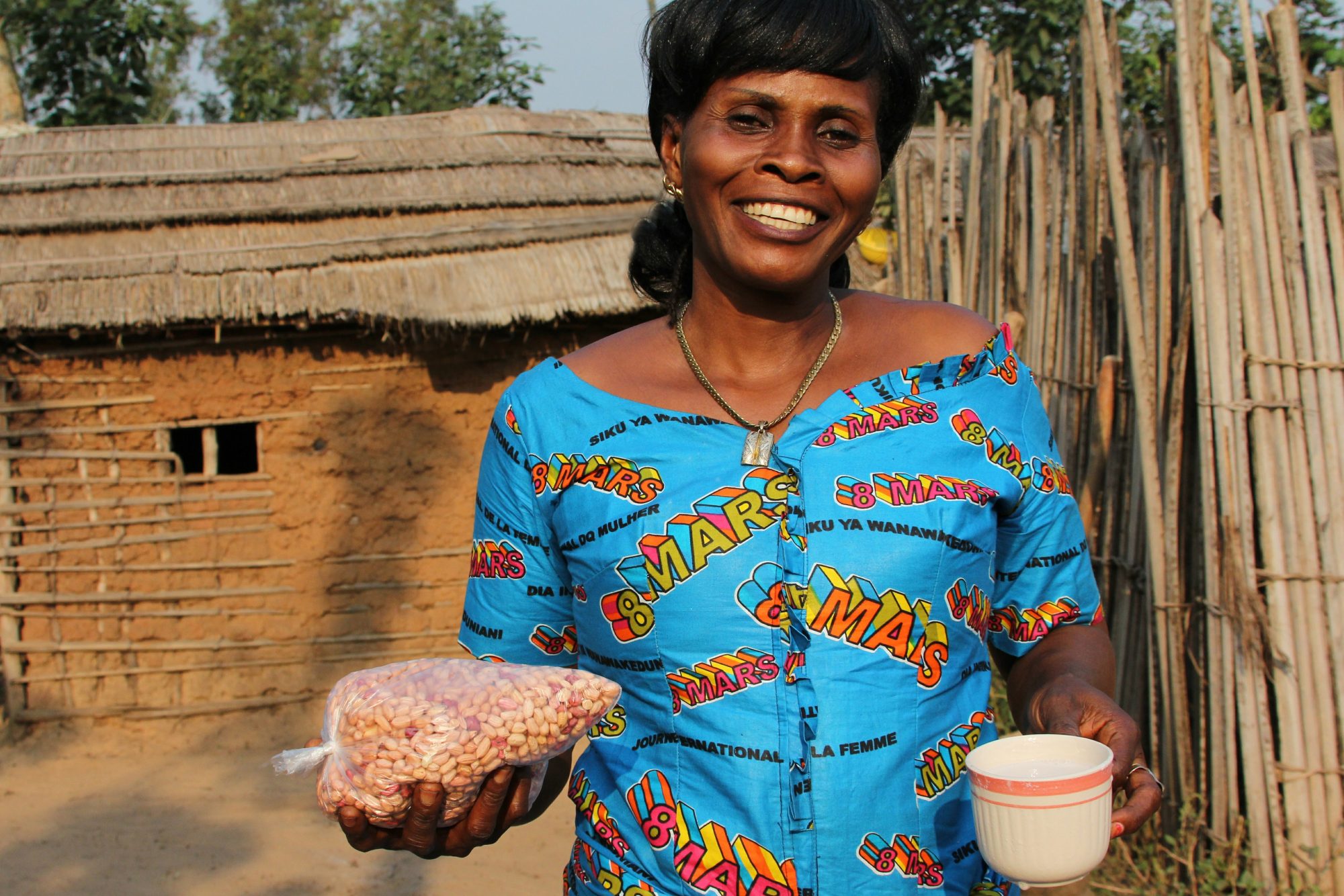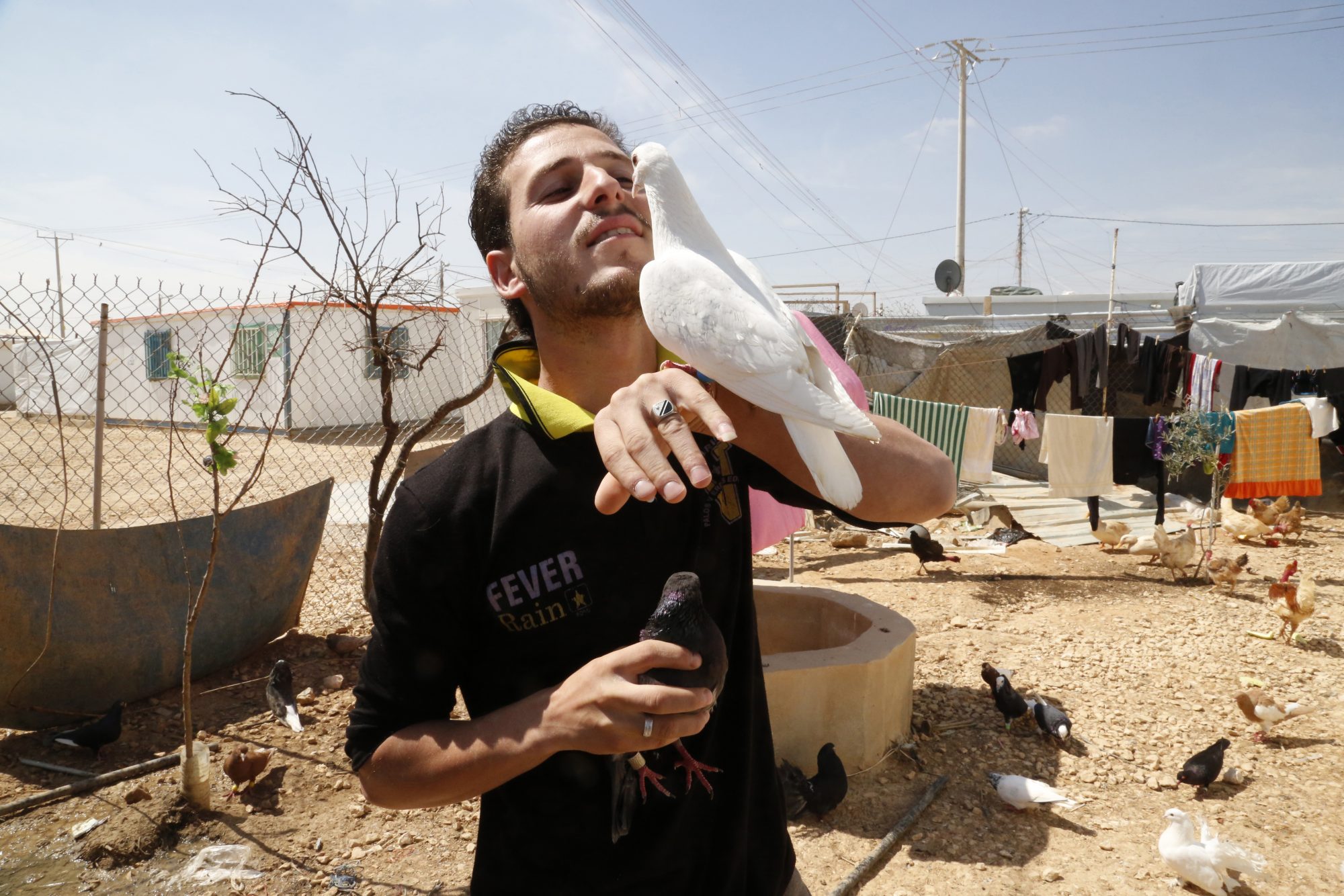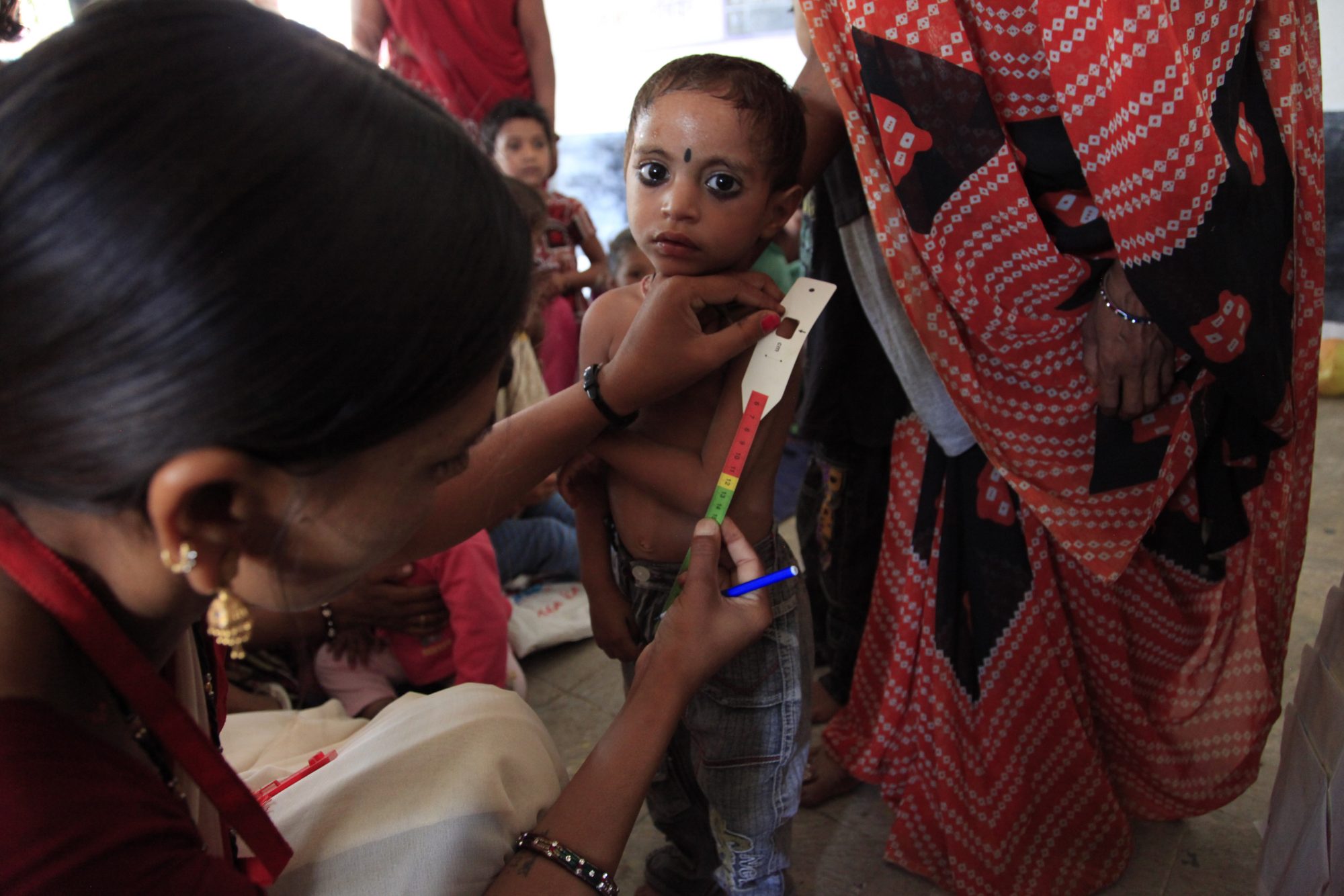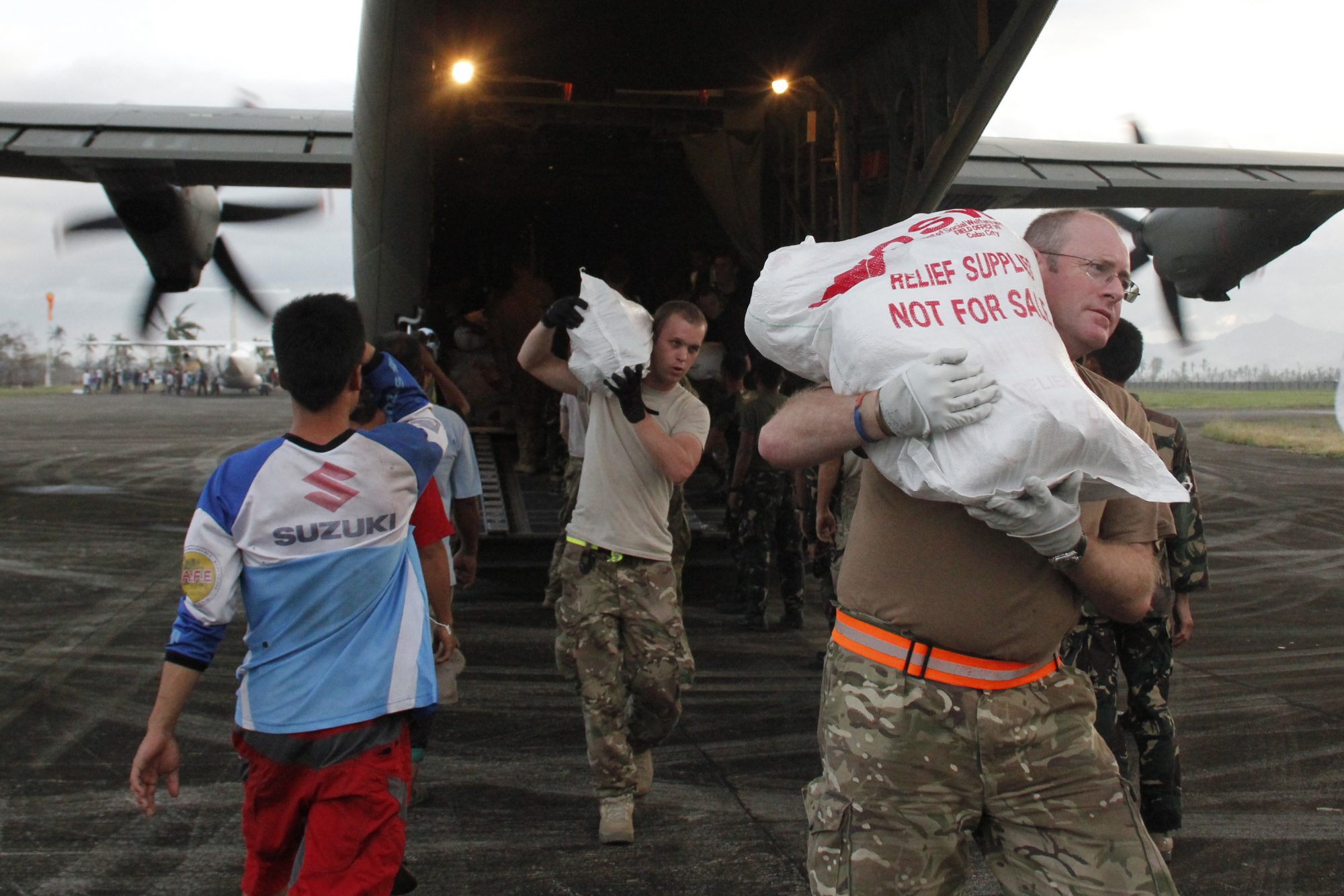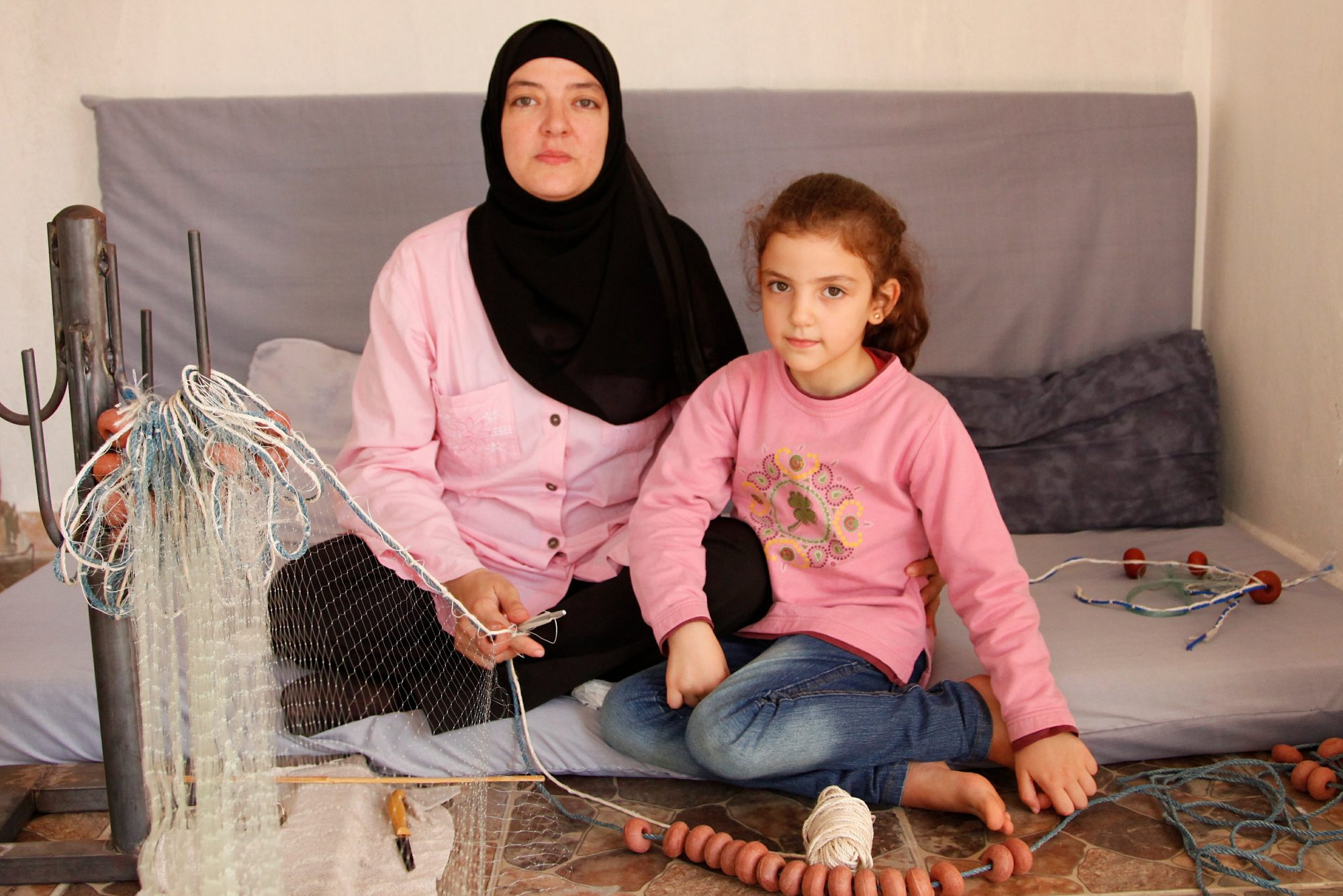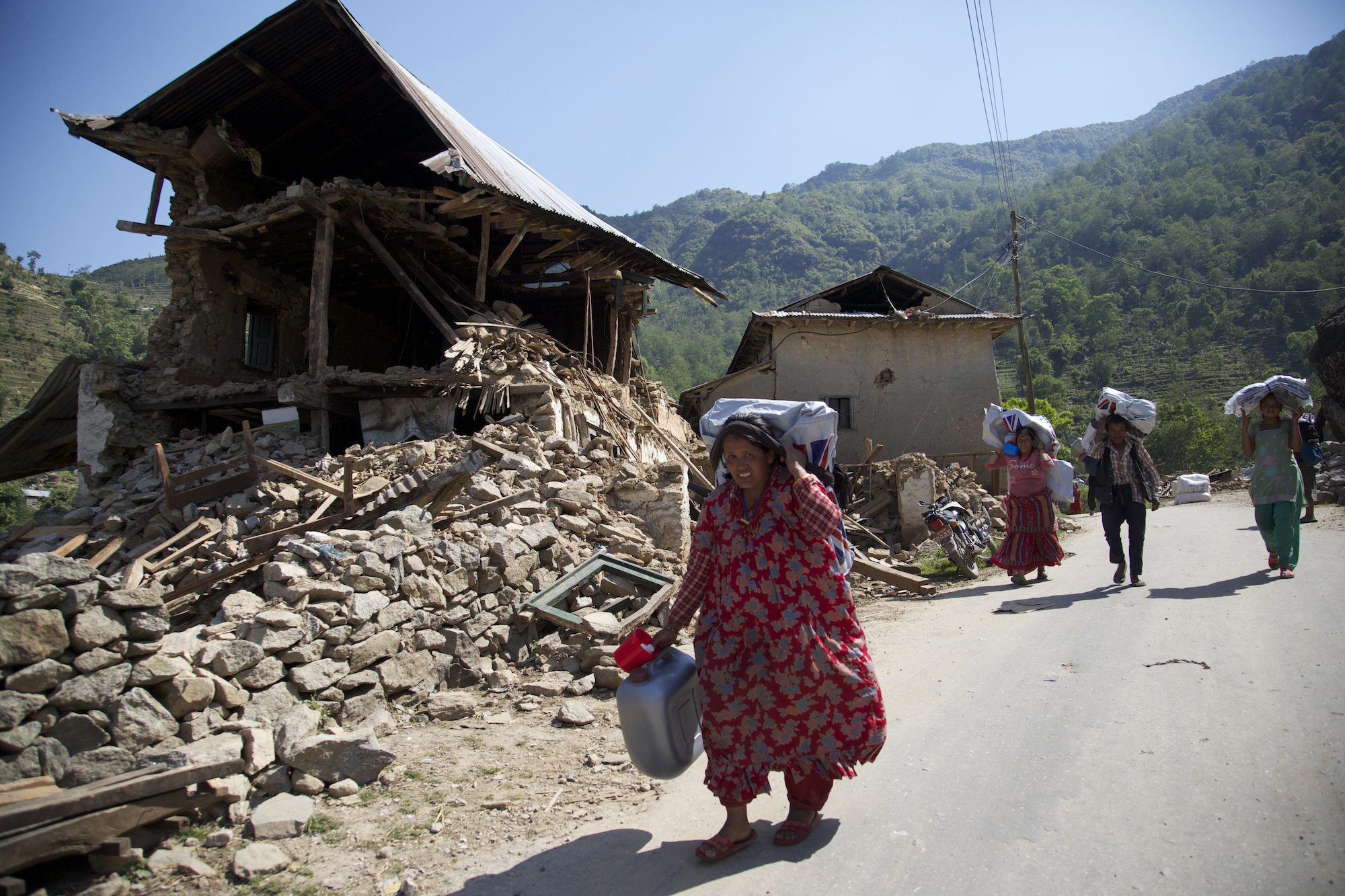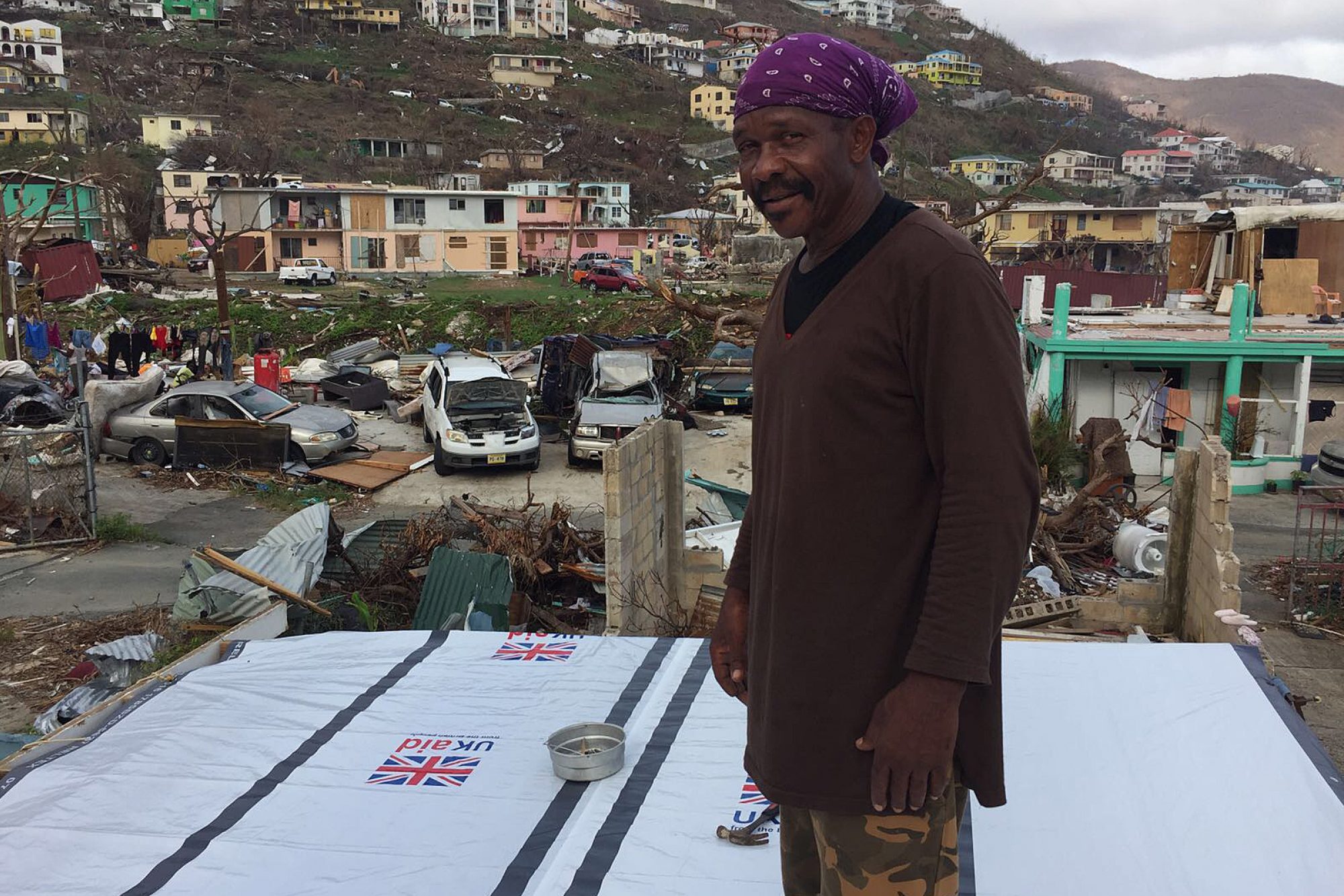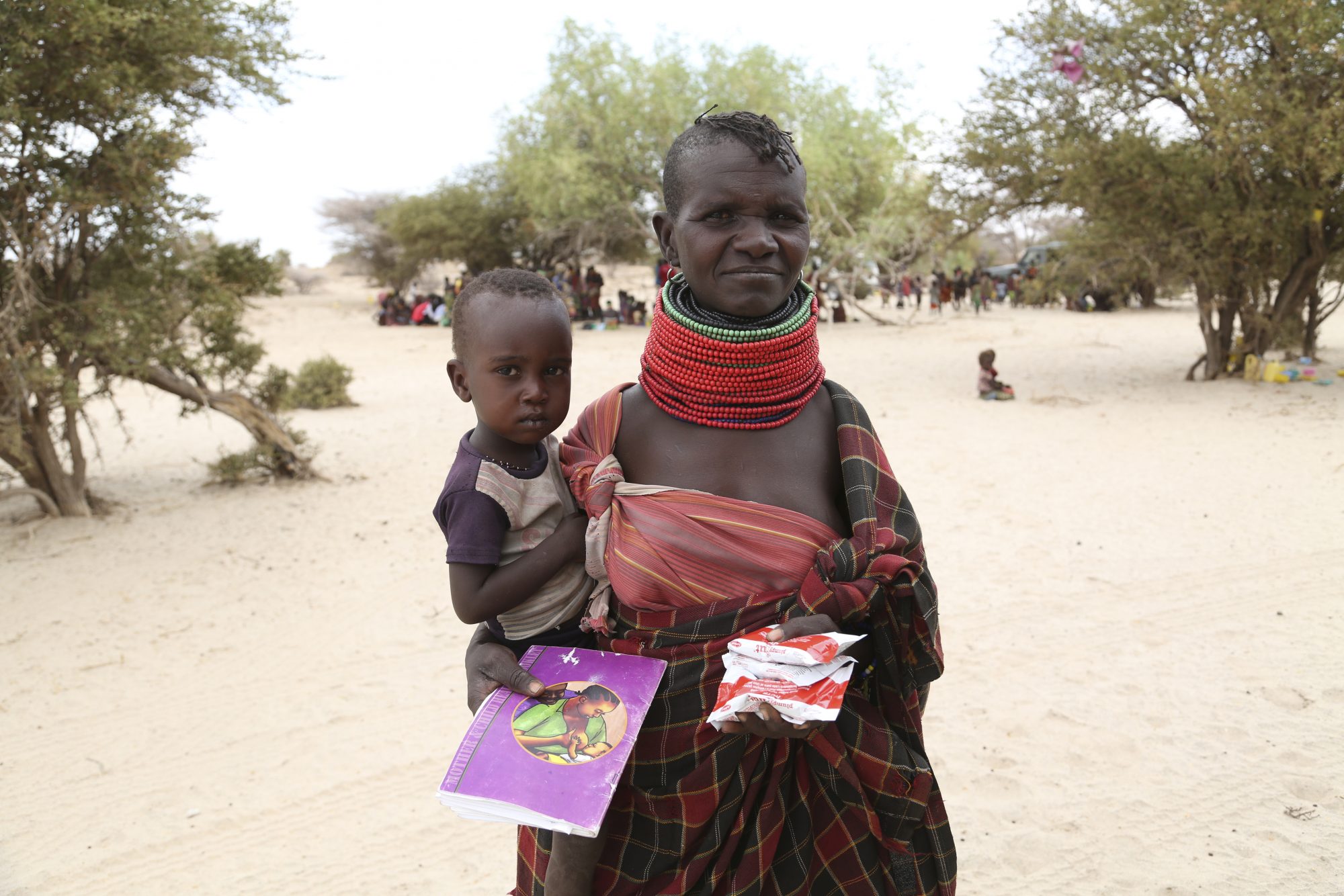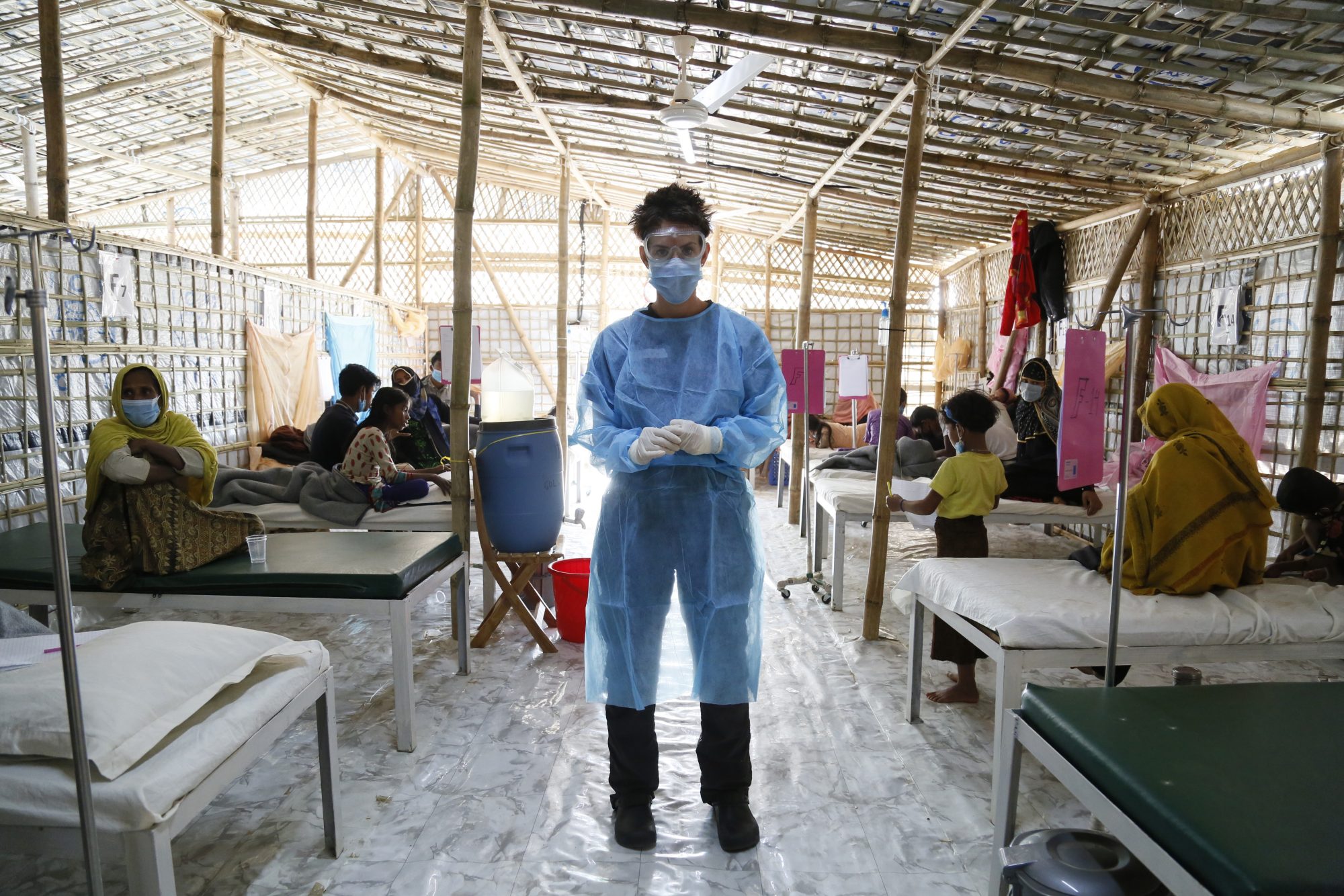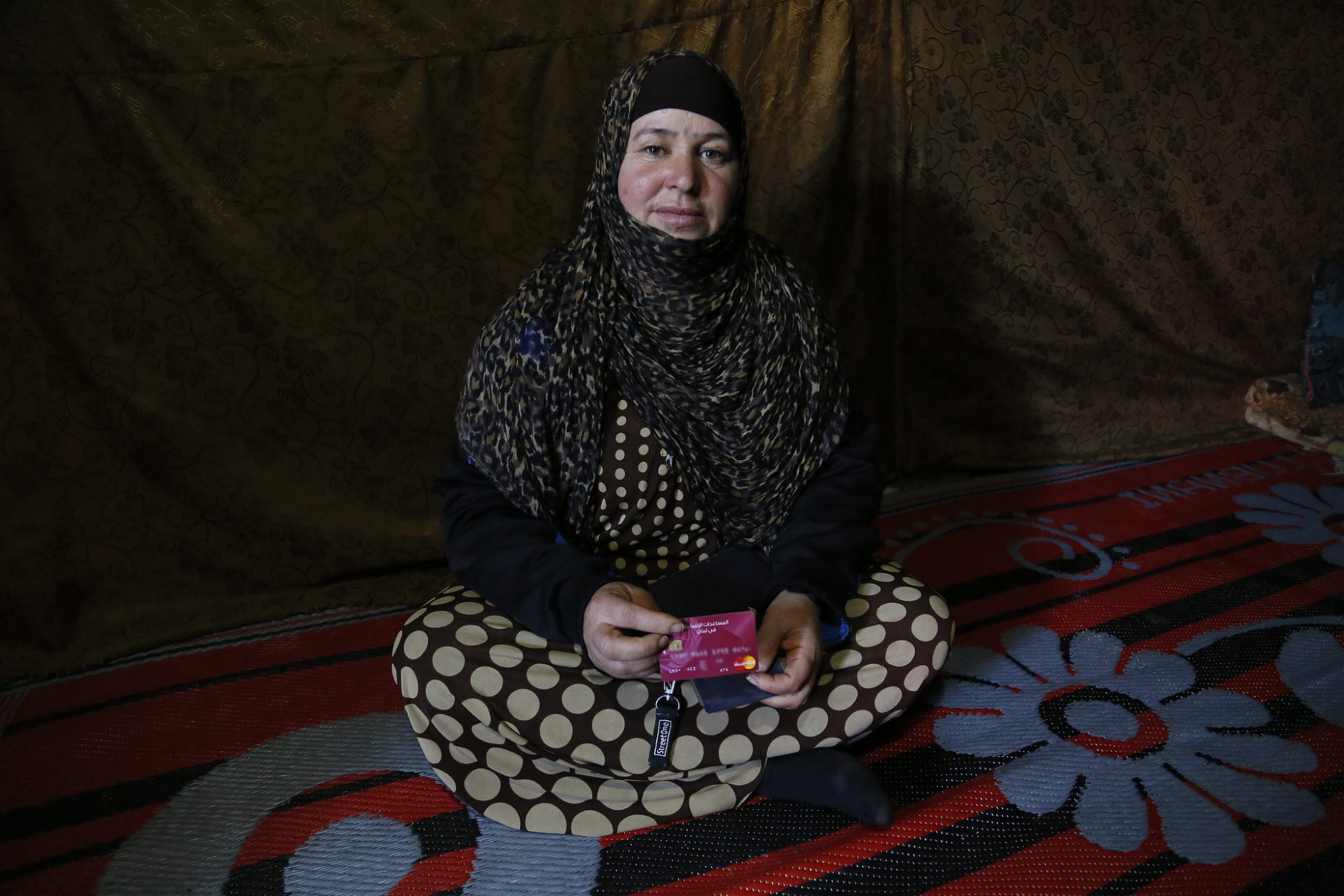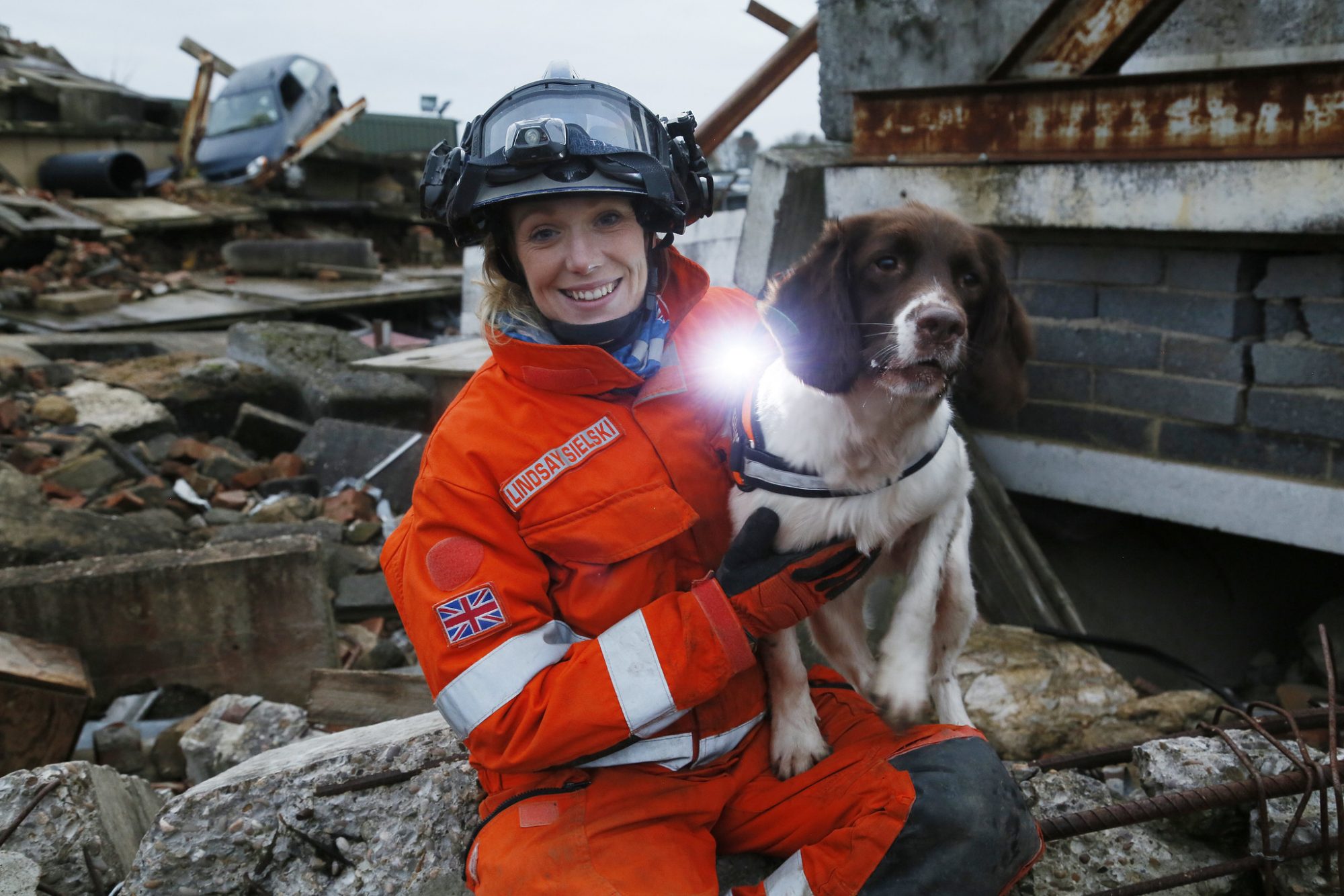Developing Pictures
Russell Watkins
Developing Pictures is a selection of images taken over the past 12 years in the course of my work for the Department for International Development (DFID). From across Africa, Asia and the Middle East, each of these photographs depicts people that the UK is helping lift out of extreme poverty around the world.
The Department for International Development was set up in 1997, to coordinate the UK's efforts to eradicate extreme poverty in developing countries.
In 2002, the International Development Act was passed to ensure that poverty reduction was the primary aim of overseas aid. In 2015, the Official Development Assistance Target Act was passed, committing the the UK to spending 0.7% of Gross National Income on ODA.
In June 2020, it was announced that the Department for International Development was to be merged with the Foreign & Commonwealth Office, to create a single department responsible for all of the UK's foreign affairs. On 2 September, DFID and the FCO became the Foreign, Commonwealth & Development Office.
Artist biography
Originally from Cardiff, south Wales, I've been producing photography and multimedia for editorial, commercial and public sector clients since 1997.
Since 2008 I've been doing this for the Department for International Development, as part of the department's communications team. I'm passionate about using photography and digital technology to tell stories about the world in which we live. I'm also fascinated by the internet and the way in which it has transformed the dissemination of photography beyond the printed page and the gallery wall.
